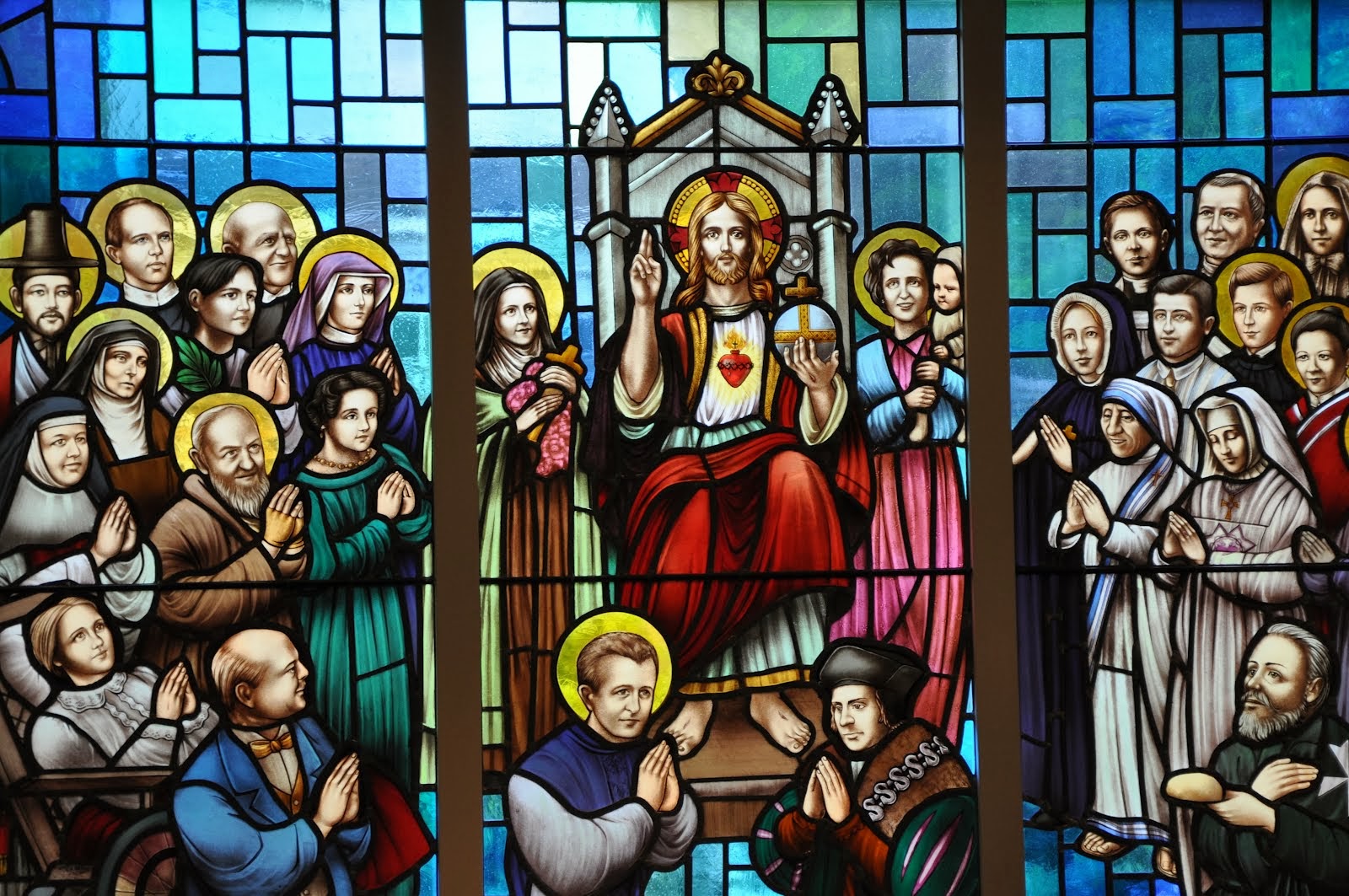
“The truly blessed are not the ones who can work miracles or see angels; the truly blessed are the ones who can see their own sins.” St. Anthony the Egypt (3rd-4th centuries)
“Therefore, rise, run to the Church; here is the Father, here is the Son, here is the Holy Spirit. He Who hears you pondering in the secret places of the mind runs to you. And when you are still far off, He sees you and runs to you. He sees in your heart, He runs, lest someone hinder, and also embraces you. His foreknowledge is in the running, His mercy in the embrace, and, as it were, the disposition of Fatherly love. He falls on your neck in order to raise one prostrate and burdened with sins and bring back one turned aside to the earthly toward heaven, in which he seeks his own Author. Christ falls on your neck to free your nape from the yoke of slavery and hang His sweet yoke upon your shoulders.” St. Ambrose (4th century, Doctor of the Church)
“Repentance opens heaven.” St. John Chrysostom (4th-5th centuries, Doctor of the Church)
“We have seen how every soul – even if burdened with sin, enmeshed in vice, ensnared by the allurements of pleasure, a captive in exile, imprisoned in the body, caught in mind, fixed in mire, bound to its members, a slave to care, distracted by business, afflicted with sorrow, wandering and straying, filled with anxious forebodings and uneasy suspicions, a stranger in a hostile land and, according to the prophet [Baruch], sharing the defilement of the dead and counted with those who go down under condemnation and without hope, has the power to turn and find it can not only breathe the fresh air of the hope of pardon and mercy, but can also dare to aspire to the nuptials of the Word, not fearing to enter into an alliance with God or to bear the sweet yoke of love with the King of angels.” St. Bernard of Clairvaux (11th-12th centuries, Doctor of the Church)
“Jesus extended fatherly affection to the repentant, showing them the open bosom of divine mercy. As witnesses to this I call upon and summon Matthew, Zacchaeus, the sinful woman who prostrated herself at His feet and the woman taken in adultery. Like Matthew, therefore, follow this most devoted Shepherd; like Zacchaeus receive Him with hospitality; like the sinful woman anoint Him with ointment and wash His feet with your tears, wipe them with your hair and caress them with your kisses, so that finally, with the woman presented to Him for judgment, you may deserve to hear the sentence of forgiveness: Has no one condemned you? Neither will I condemn you.” St. Bonaventure (13th century, Doctor of the Church)
“You wish to reform the world? Reform yourself, otherwise, your efforts will be in vain.” St. Ignatius of Loyola (15th-16th centuries)
“A heart truly contrite and humble really arouses the mercy of God our Father in a marvelous way. For the sweetness and goodness of the Father cannot refrain from going forth to the prodigal but truly repentant son and embracing and kissing him. He will give him the ring of peace, wipe away the tears of sorrow, and fill him with tears of joy sweeter than all honey.” St. Robert Bellarmine (16th-17th centuries, Doctor of the Church)
“Remember: The sinner who is sorry for his sins is closer to God than the just man who boasts of his good works.” St. Pio (19th-20th centuries)
“The [thief] on the left…thought that our Lord was simply a healer. There are many today who are beginning to believe that this is the essence of Christianity – healing. The Lord does heal, but not always… Our Lord did not heal Lazarus, he allowed him to die. Our Lord did not release John the Baptist from prison. God does now and then heal. But healing is not the essence of His coming. That was all, however, that the rebel on the left wanted, just to be healed…the thought of sin never entered into his mind – just the desire to be taken down.” Ven. Fulton Sheen (19th-20th centuries)
“Repentance for sin is inseparable from love. Our hatred of sin is a measure of the deepness of love. God would not be good unless He hated evil, nor can any of us claim to value the Divine Love unless we avoid all that would wound that love.” Ven. Fulton Sheen
